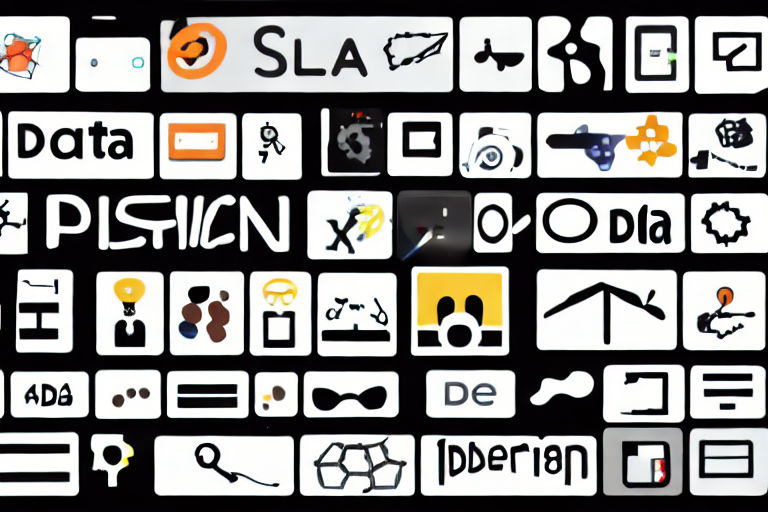The Benefits of Composting and How to Start Your Own Compost
Composting is the process of breaking down organic materials such as food scraps, yard waste, and paper products into nutrient-rich soil known as compost. This process has numerous benefits for the environment and can be easily implemented at home. Here are some of the benefits of composting and tips on how to start your own compost.
Benefits of Composting
1. Reducing Waste
The Environmental Protection Agency (EPA) estimates that about 28% of the solid waste stream in the United States is comprised of food and yard waste. Composting helps to divert this waste from landfills, reducing the amount of methane gas produced by decomposing organic materials in landfills.
2. Enriching Soil
Compost is a valuable source of nutrients for plants and helps to improve soil health. It's also an effective natural fertilizer that can be used to supplement or replace commercial fertilizers.
3. Saving Money
By creating your own compost, you can save money on fertilizer and soil amendments. Plus, you'll spend less money on garbage bags and waste removal services.
4. Reducing Emissions
When food and yard waste decompose in a landfill, they release methane gas, a potent greenhouse gas. By composting organic materials, you can help to reduce your carbon footprint.
How to Start Your Own Compost
1. Choose Your Composting Method
There are many different ways to compost, including outdoor piles, indoor bins, and worm bins. Choose the method that works best for your space and lifestyle.
2. Gather Your Materials
You'll need a mixture of "browns" (such as dried leaves, sawdust, and shredded paper) and "greens" (such as food scraps, grass clippings, and fresh leaves) to create a balanced compost pile. You'll also need a container or bin to contain the materials.
3. Build Your Compost Pile
Start by creating a layer of browns at the bottom of your container, followed by a layer of greens. Continue layering until your pile is roughly three feet tall. Be sure to keep the pile moist but not too wet, and turn it regularly to aerate the materials.
4. Use Your Compost
Once your compost is dark and crumbly, it's ready to use in your garden or as a natural fertilizer for indoor plants. Simply apply the compost to the soil around your plants and watch them thrive.
In conclusion, composting is an easy and effective way to reduce waste, improve soil health, and save money. Whether you're composting on a small scale or large scale, there are many benefits to be gained from this simple practice.



